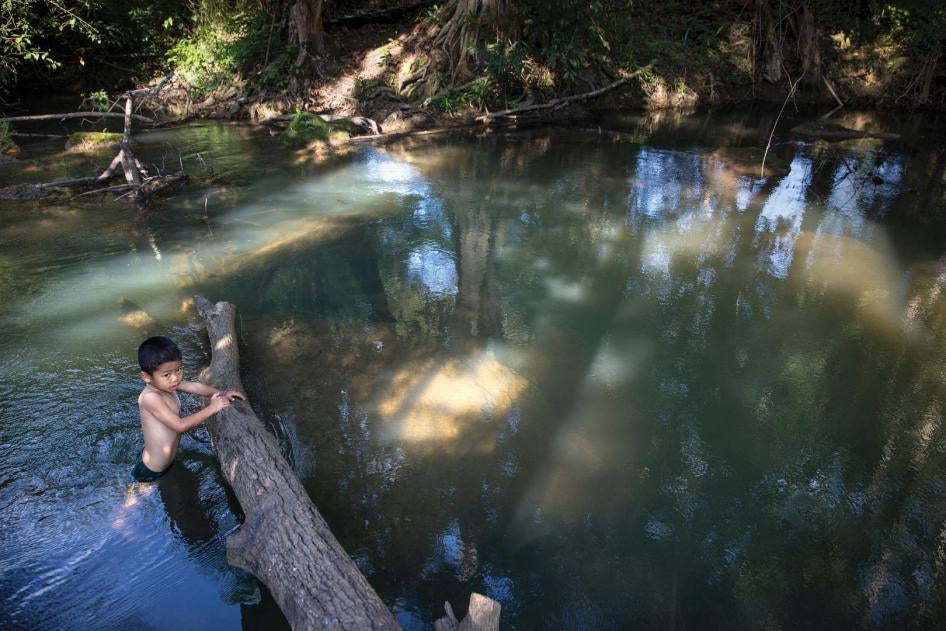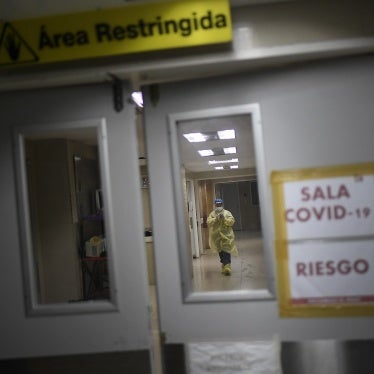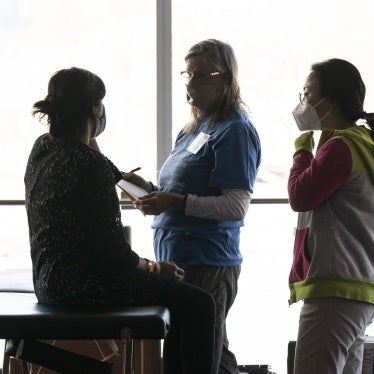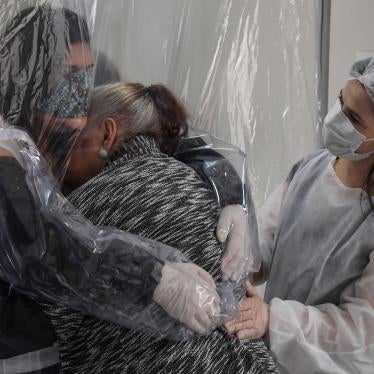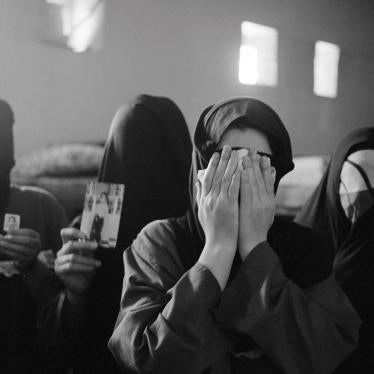Globally, one in every nine people does not have access to safe and clean drinking water. Access to drinking water varies considerably around the world due to natural differences in geography and climate. But there is another distinction between the water “haves” and “have nots:” the role of government.
Much of how water is regulated is technical – whether aquifer recharge zones are protected; how to avoid leaking water pipes; whether megacities and small villages alike can secure and manage water resources for their growing populations.
While the technical challenges can be daunting, they are often easier to tackle than underlying issues of poor governance. In many parts of the world, negligence, corruption, or a lack of accountability undermine the right to water. Governments are often slow to act, unaccountable, and deny or minimize manifest harm.
And as usual, it is the poor and the marginalized who are most affected.
We see this in the city of Flint in the United States. Flint parents have been left wondering if their children will face a lifetime of health and development problems because they drank water the state government wrongly claimed was safe.
We see this in Thailand, where the water in Klity Creek was contaminated by lead from a badly regulated and now defunct factory upstream. Thailand’s public health and environment authorities did nothing for 17 years to prevent further lead exposure for village residents.
And we see this in Canada, where indigenous people living on reserves do not have the same access to safe water as most other Canadians, and where dozens of communities have received government warnings of a high risk that their drinking water is contaminated.
Unsafe or insufficient drinking water causes illness, mental anxiety, and death for millions of people around the world – harm that can often be prevented by robust government action. This World Water Day, governments should act to regulate and enforce laws around water so that all people – particularly the most marginalized – can quench their thirst without risking their health. For the water “have nots,” rights matter.


